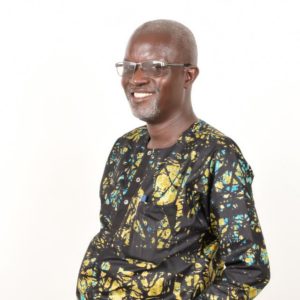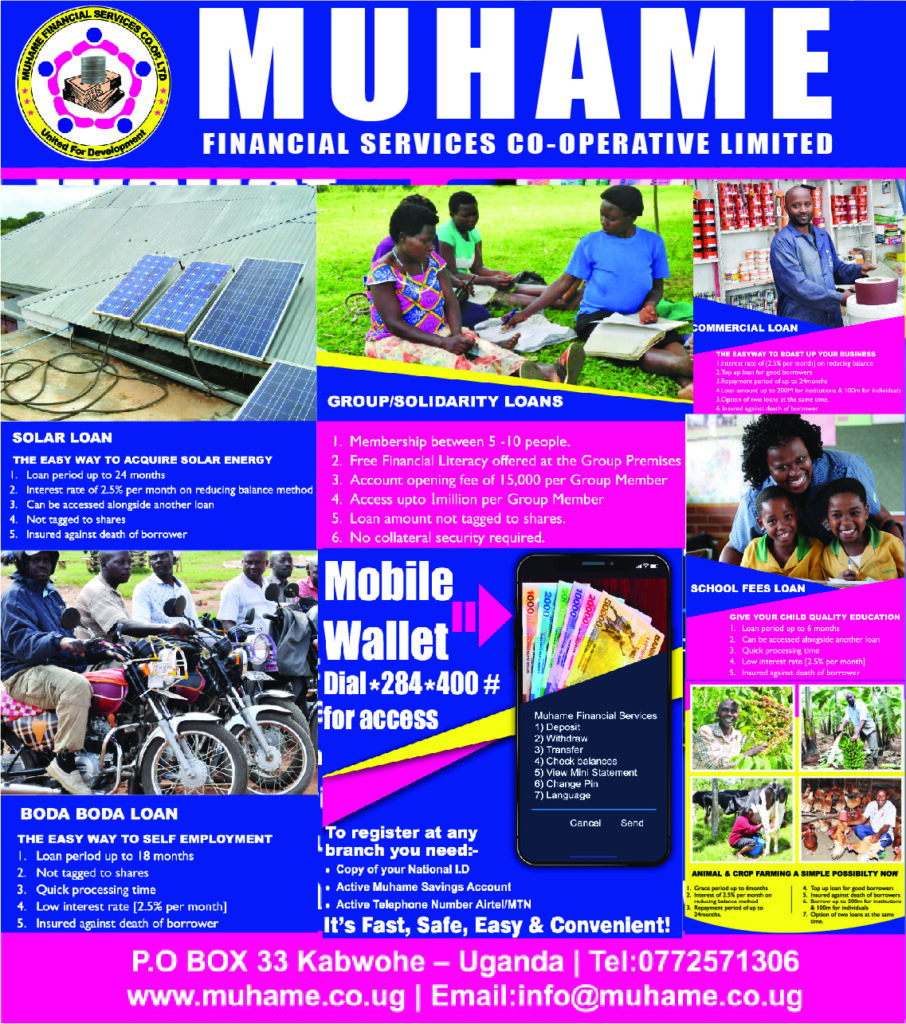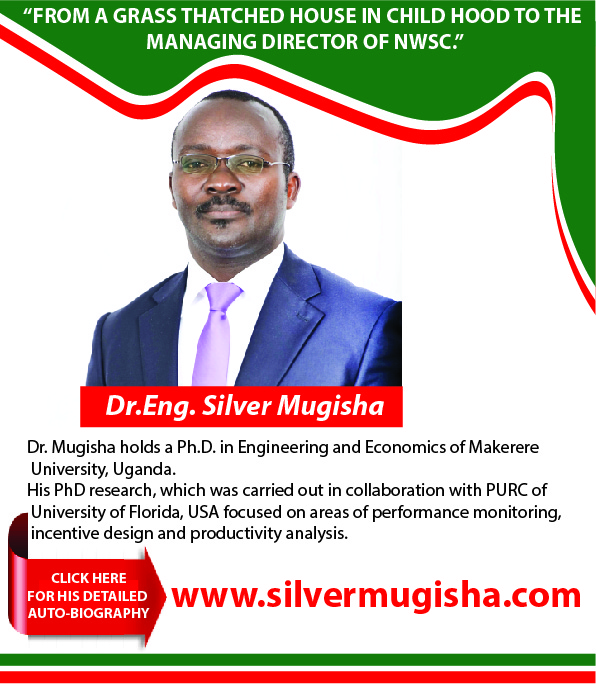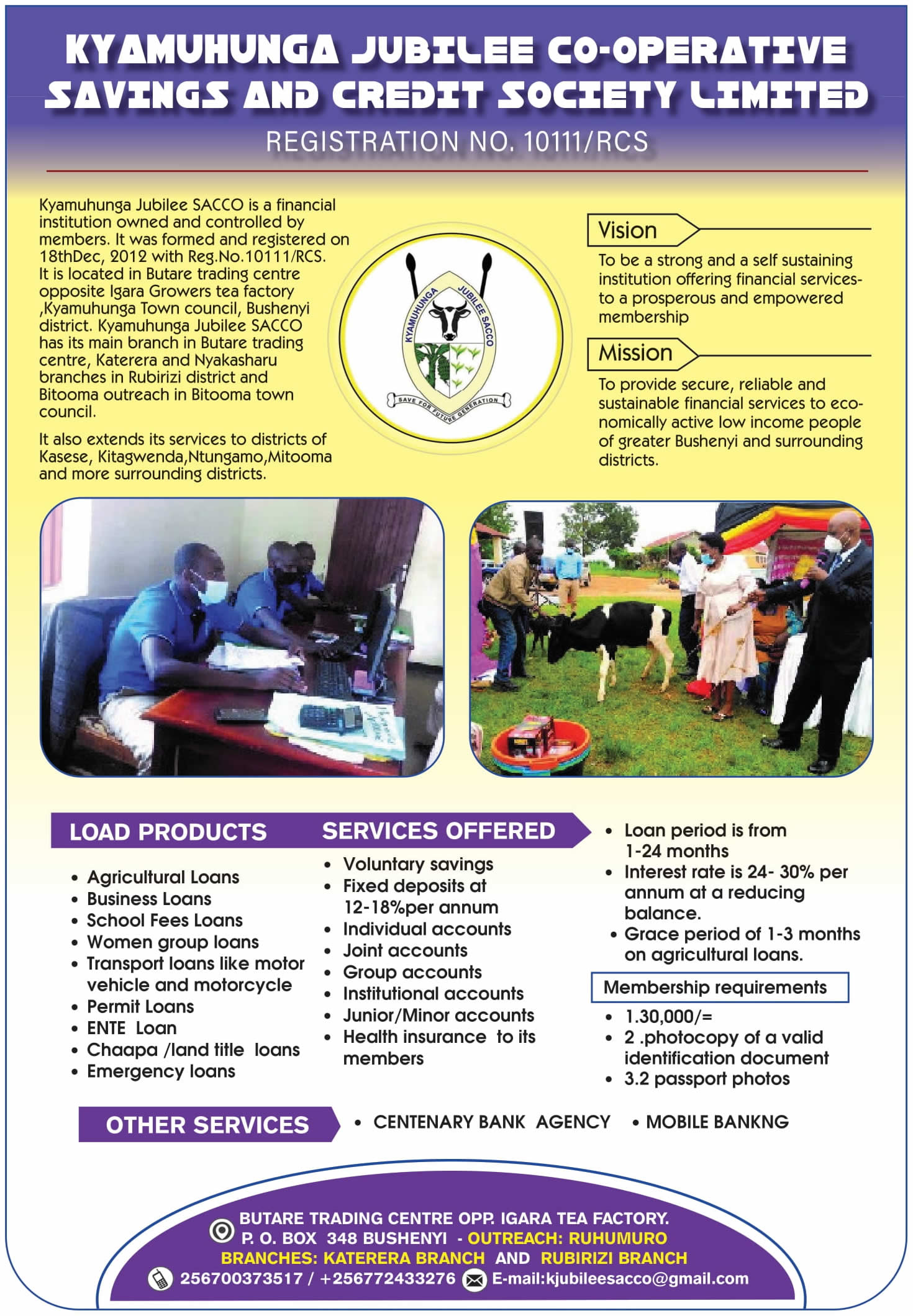OPINION: HAS UGANDA TAKEN A STEP, DECADES AFTER ITS LIBERATION?

By Prof. Gad Ruzaaza
In Mbarara—
Mother Uganda is built on a shaky foundation of her turbulent history.
At independence, on October 9th, 1962 the Colonial Government had not established systems to meaningfully link the local population to the purposes of government.
This is what historians commonly refer to a false start. Those who had been secretaries or clerks found themselves entrusted with government to determine the future of the Country.
No wonder, there followed a period of turbulence, turmoil and total anarchy. Whereas there was a semblance of progress with Uganda comparable to South Korea and Singapore during the 60s, the torture and anarchy of the 1970s earned Uganda the label of ‘the lost decade of development”.
There was a total collapse of the Health and Education sectors and all other core aspects of government became totally dysfunctional.
Stabilizing political leadership became impossible as Government Security agencies, mostly the Military turned their guns upon those they were poised to protect.
The anarchy is what led to a massive uprising involving civilians and military strategists to renew, restore and rebuild Uganda; an uprising that was led by H.E. Yoweri Kaguta Museveni.
The method was slow, but sure, aimed at building an independent, self-sustaining economy. The celebration today marks the gains made by the revolutionaries, but equally Uganda.
There has been substantial progress in the Health, Education, Agriculture and Industry sectors which represent a contract between government and the population.
There has been mileage in the building of a democratic dispensation.
Security issues are not just limited to the protection of Uganda’s territorial integrity, but the examination of broad aspects of regional cooperation and integrity.
Security equally implies more enhanced collaboration with communities and the local governments to ensure protection of persons and property. Surely, Uganda has made strides.
Unfortunately, the efforts to further enhance National Development are far from over. The next phase of governance should consider skills-based education, promotion of innovation and evidence-based practice.
This implies that it is more urgent than ever before to call upon Universities and Research Organizations to become more proactive and accountable to the citizenry, build more linkages and synergies with industry and to move out into the community, where problems requiring solutions are located.
Although no one ever knows tomorrow, there are systems to protect and ensure a secure mother Uganda sustainably.
Political parties will do well to keep planning ahead, although for now all of us can agree that the movement government has ensured stability and fought so many battles successfully.
Uganda belongs to us all and it’s much better to be part of the solution rather than the problem. And, there are various opportunities to participate in National Development thinking, practice, innovation and research.
This has never been better than it is today. National Security needs to put at the fire front Health and Food security as well. Today, I am happy I am in Uganda, as a Ugandan.
The writer is a Ugandan Innovative Thinker and Practitioner curving out a niche in the Philosophy of Education, Primary Health Care and Humanism at Mbarara University.
www.mknewslink.com a greater western Uganda news website
Email: wmuhwezi75@gmail.com
Tel: +256702680106































 Views Today : 131
Views Today : 131 Views Yesterday : 411
Views Yesterday : 411 Views Last 7 days : 3108
Views Last 7 days : 3108 Views This Month : 10380
Views This Month : 10380 Total views : 1447984
Total views : 1447984 Who's Online : 0
Who's Online : 0 Your IP Address : 13.58.203.104
Your IP Address : 13.58.203.104